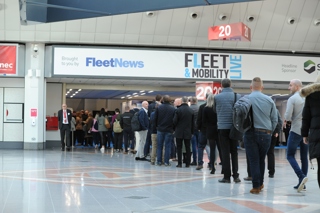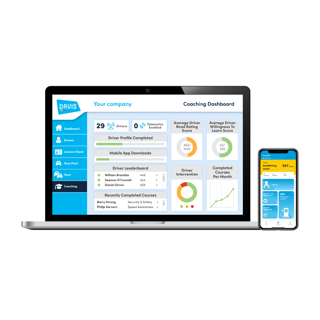Martin Hill, operations director at Fleet Logistics, says: “Last year in the UK we saved £500,000 on incorrect invoicing across all of our customers.”
Contract management, meanwhile, involves keeping track of vehicle mileage and re-contracting if the mileage is 15% above or below the contract mileage.
If the mileage has been set too high, companies will be paying a higher rental than necessary.
Making sure the company is paying the right amount helps with cash flow and re-contracting can help avoid excess mileage charges at end of contract.
Companies can also benefit from the network of suppliers – such as daily rental or accident management – with which a fleet management or leasing company has relationships.
LeasePlan says customers benefit from its economies of scale which usually means that a service like daily rental is cheaper than if a company went direct.
Sharing best practice is another benefit
“We can learn from an experience with one customer and see how to apply that in a different setting to deliver cost savings for another customer,” says Peter Backhouse, chief executive of Fraikin.
A fleet management company should also be a “catalyst for change”, according to CLM’s Wentworth-James “Our job as an outsourcer is to identify opportunities for saving cost,” he says.
“We make recommendations to clients. It’s up to them, but we push, we challenge.”
Of course, using a fleet management company comes at a price with customers typically paying a monthly fee per vehicle.
The fee will vary depending on the fleet size and the extent of the services, but could be less than £20 per vehicle per month for a fleet with more than 1,000 vehicles.
Companies like Wolseley have seen a clear return on investment. It is saving £4.50 for every £1 it spends with Fleet Logistics, according to Hill.
He also points out that a fleet department of seven or eight people in charge of 1,500 to 2,000 vehicles could cost £300,000 a year in headcount.




















Login to comment
Comments
No comments have been made yet.